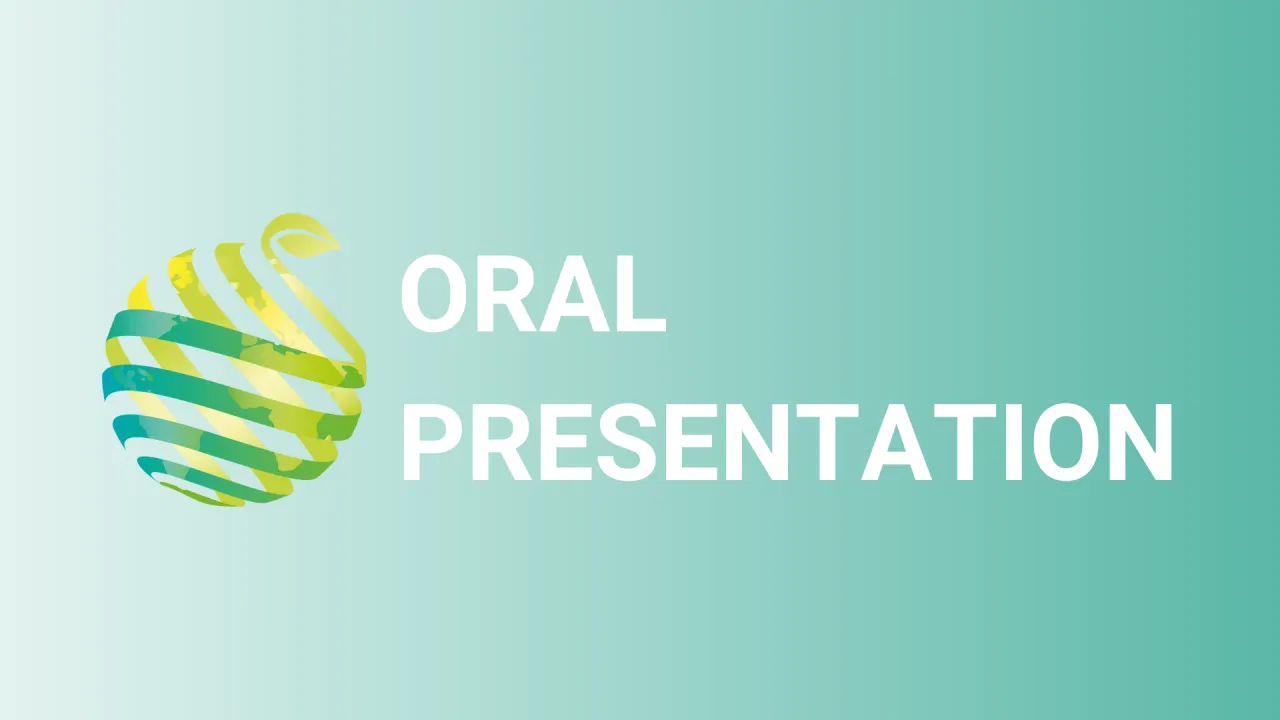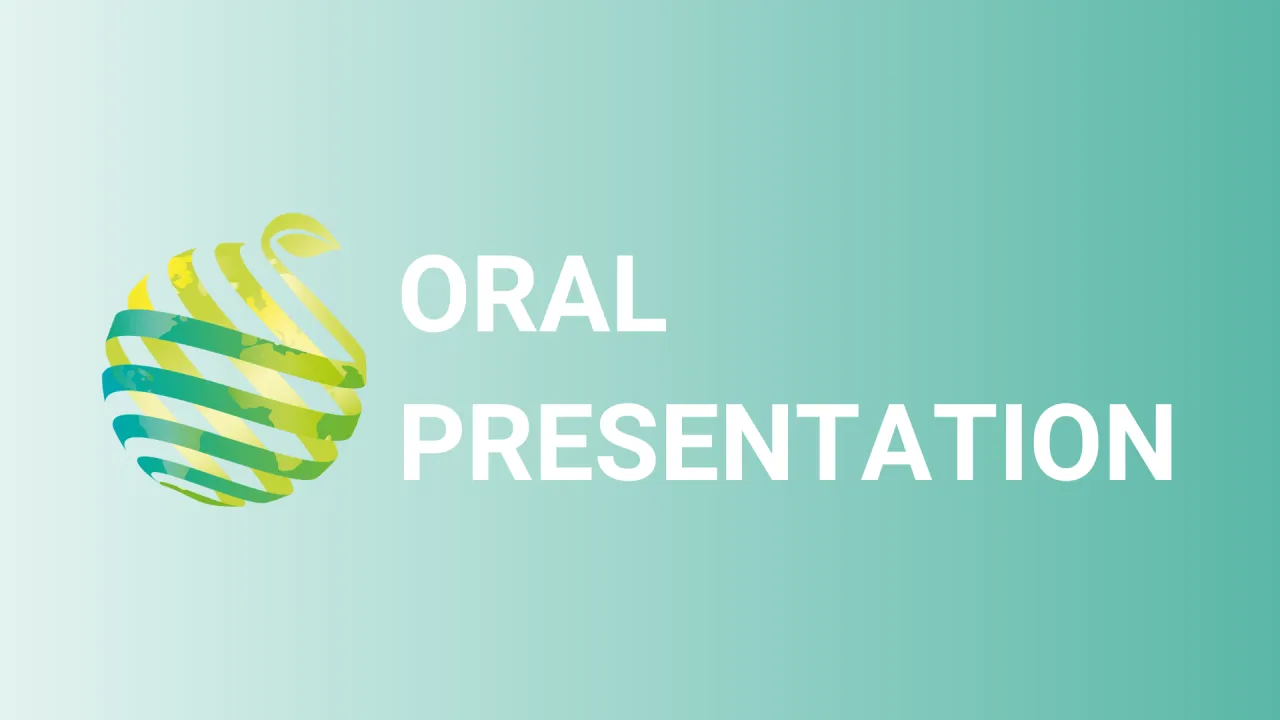

S21 - Session O1 - Experiences in organic banana production at Golden Organics Limited (GOL), the organic banana production subsidiary of the Compagnie Fruitière Group in Ghana
Information
Authors: Alain Normand *, Louise Ecochard
After nearly 10 years of experience, GOL is today a producer of 23 000 tons (1 245 000 boxes) of organic bananas on 580 hectares, that is at least 40 tons exported per hectare; it means that organic yield is 25% less compared to conventional yield. This organic farm is leaned to a conventional banana plantation of 1000 hectares created in 2005. The farm is 60 km from the seaport of Tema and 70 km from the capital Accra. The area has a tropical humid climate characterized by an annual rainfall of 800 to 1000 mm; a very marked dry season of six months and ten months of irrigation; high temperatures close to maximum of 40°c for three months. The soils are heavy brown vertisols, poorly drained and cultivated in the past with sugarcane after grazing savannah. Part of the year, during the hot season, the cycles are very short, and the length of finger are small. The qualification and availability of workers are no longer limiting factors. Post harvests diseases (crown rots) were a big issue in the past. Currently, the main agronomic problems encountered by GOL in organic farming are related to the control of Black Sigatoka and organic nutrition. Sigatoka management is based on a weekly biological observation system, the application of mineral oil treatments based on these observations and sanitation. Sanitation practices, primarily, removal of leaves bearing dense infections, are very important and carried out on a weekly basis according to the density of symptoms observed. Its effectiveness is measured by the absence of necrosis on the remaining leaves. Irrigation systems are different between the conventional (drip) and organic (overhead sprinklers). In the conventional part, the fertilization is mineral and brought by the irrigation. In organic farming, fertilization is mainly organic and cannot be done by drip irrigation. Irrigation in organic culture is compulsory under the foliage. In the organic farm, plant nutrition is provided by products based on plant and animal organic matter (chicken manure, compost, organic fertilizer). This results in much higher costs (three times the cost of conventional) and lower efficiency (difficulties in mineralizing 100% of these products).